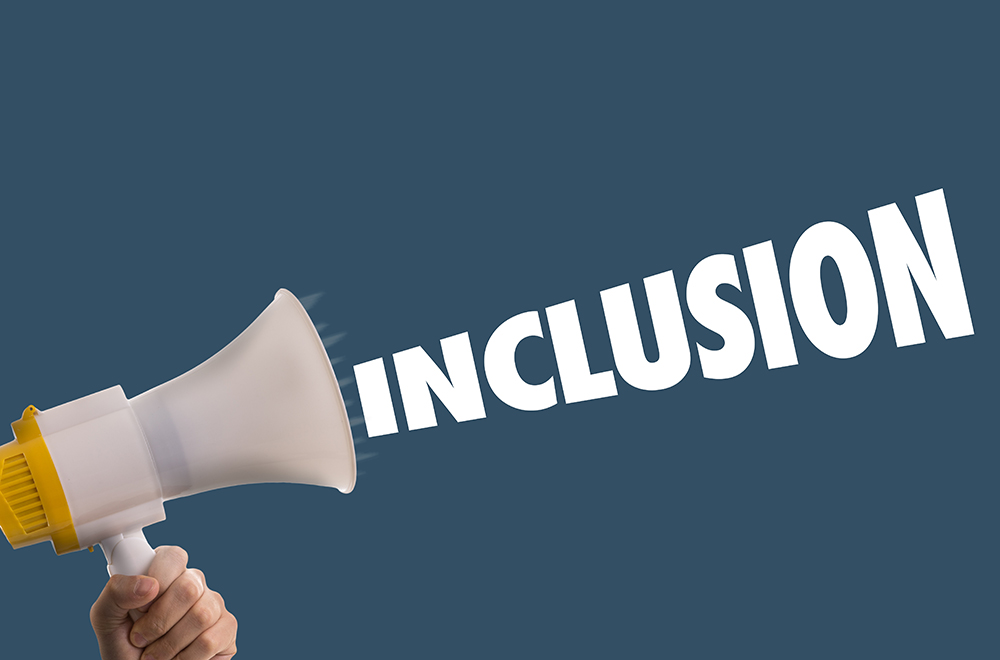Five recommendations have emerged from new research on implementing best practice for a more accessible and inclusive workplace for people with disability. These were that:
- Effective reasonable adjustments can be formal or informal, but formal processes should be in place to emphasise adjustment rather than disability. These systems should be made available to all employees, while also respecting preferences and rights around disclosure.
- Processes for seeking feedback post-adjustment are limited even among best-practice organisations. Implementation of a proactive feedback system to understand how workplace adjustments have been received, whether they are effective, and what further adjustments might be necessary.
- Reasonable adjustments for invisible disabilities, such as mental illness, are underrepresented. Organisations should have a broader concept of ‘disability’ to eliminate stigmatisation of any type of disability, visible or invisible.
- Recruitment and interview processes pose significant barriers to access and inclusion. Greater efforts should be made to be inclusive from the point of recruitment and selection.
- Managers in best practice organisations that are working towards access and inclusion for employees with disability, typically display a critical awareness that there is more to learn to improve current arrangements.
In conclusion, one of the most powerful things a manager can do is ask employees what they need to do their work. Or, in the case of recruitment, ask applicants what is needed for them to participate in the selection process.
Also, that employment, which affects so many Australians, is a powerful place in which to enact social change to values and attitudes. Employers can take a leading role in educating the general community about equality by cultivating an inclusive workplace.
Twenty-six Australian organisations from private, public and for-purpose sectors participated in the research, in consultation with University of Melbourne and the Australian Network on Disability.

